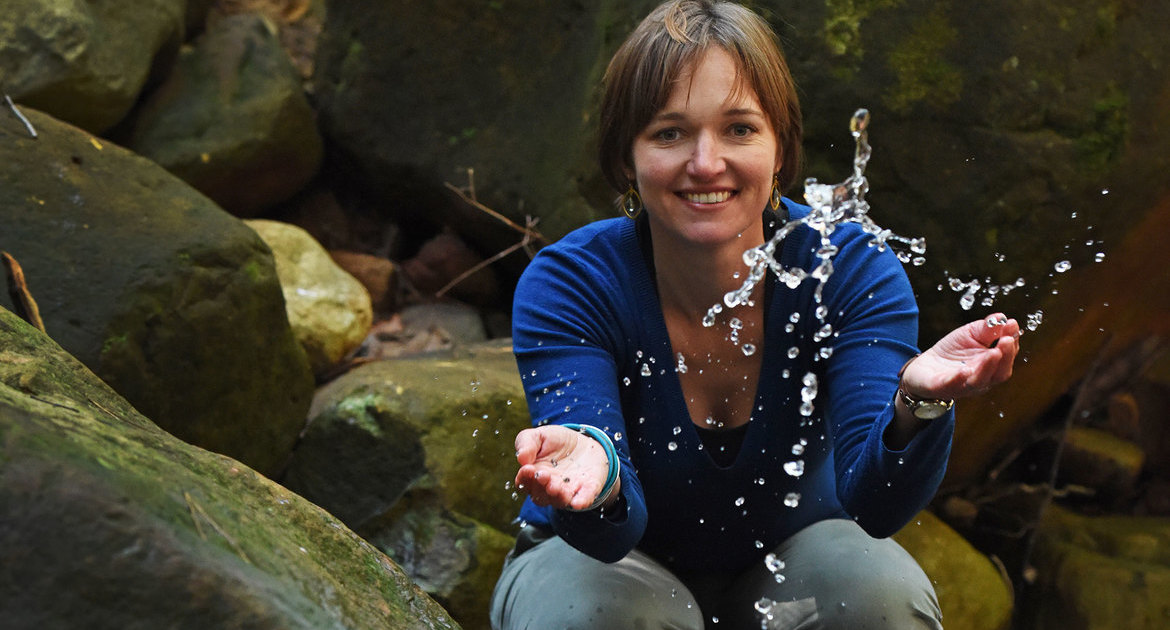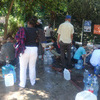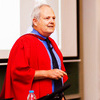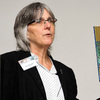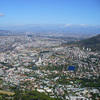Students win high-performance computing competition
18 December 2018 | Story Supplied. Photos Supplied. Read time 2 min.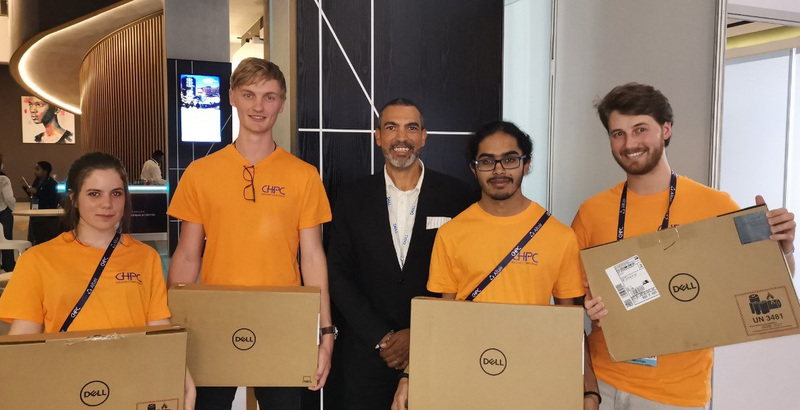
A group of third-year University of Cape Town (UCT) electrical and computing engineering students took first place in the Student Cluster Competition (SCC), which aims to expose undergraduate students at South African universities to the high-performance computing (HPC) industry.
The winning students, Jehan Singh, Stefan Schröder, Clara Stassen and Dillon Heald, built small HPC clusters from hardware provided by the Centre for High Performance Computing (CHPC).
Each received a Dell Vostro 15 notebook as well as a place on the South African team for the International Supercomputing Conference (ISC) HPC-AI Advisory Council Student Cluster Competition in Germany, June 2019.
The CHPC will train them for this stage of the competition where the emphasis is on efficiency, not only high benchmark scores. The training includes a trip at the end of January to the Dell headquarters in Austin, Texas, where the students will train with Dell and Texas Advanced Computer Center engineers.
The SCC starts out with a week-long workshop in Durban at the University of KwaZulu-Natal where 20 teams of four from various South African universities attend HPC lectures. Thereafter, the teams head to a computer lab to work on a tutorial where they implement the practices taught in a virtual cluster hosted by the CHPC.
At the end of the week, the teams are graded on their performance as well as a presentation for which they designed a cluster using Dell hardware.
Once selected for the SCC final round, the 10 best teams receive a price list and a budget. The teams have a month to research and submit a bill of materials. This hardware is then presented to the students on the conference floor where they build and configure their cluster. The teams have five days to build, configure, compile and run benchmarks on their hardware and submit their scores.
The ISC 2019 Team consists of the four members from UCT and two members from the University of the Witwatersrand.
 This work is licensed under a Creative Commons Attribution-NoDerivatives 4.0 International License.
This work is licensed under a Creative Commons Attribution-NoDerivatives 4.0 International License.
Please view the republishing articles page for more information.
Cape Town water crisis
At UCT our researchers have been analysing the causes of the current drought, monitoring water usage on campus and in the city, and looking for ways to save water while there is still time. As part of UCT’s water-saving campaign, all members of the campus community are encouraged to reduce their water use by half, which will help Cape Town to meet its water-use goals and ensure a water-sustainable university in the future.












